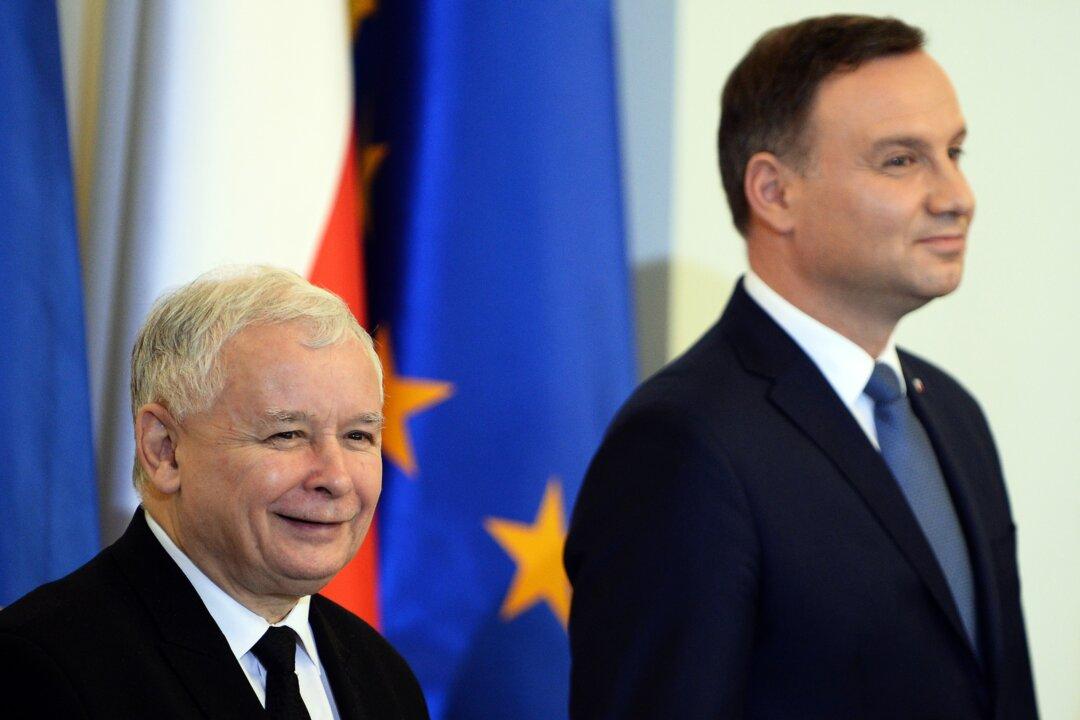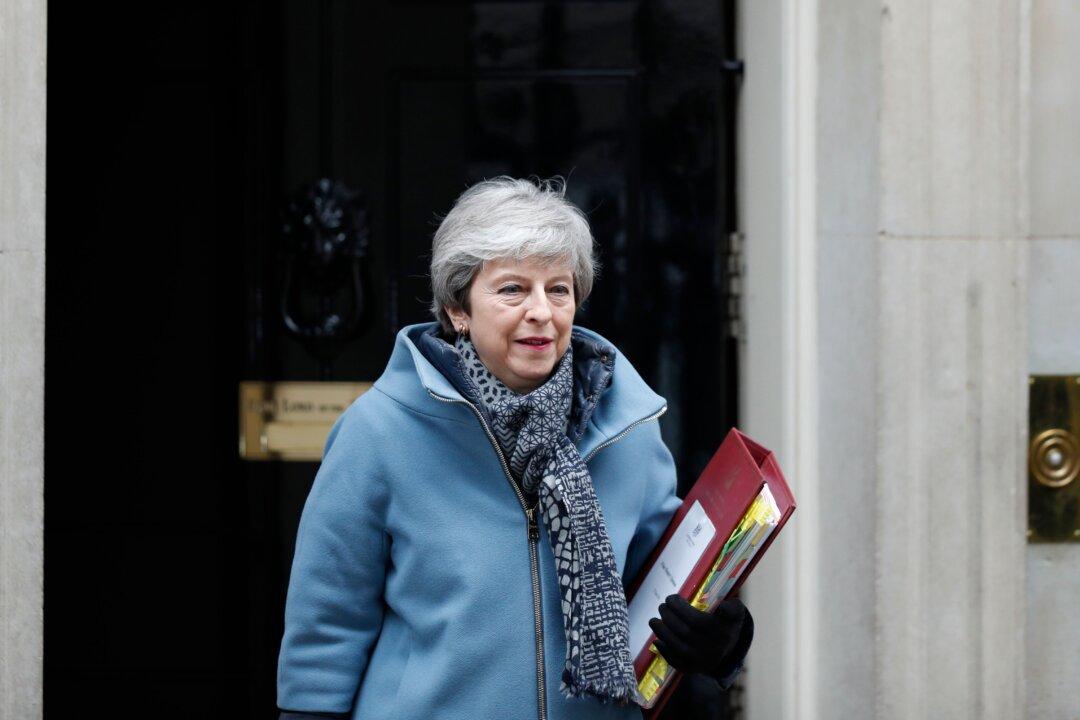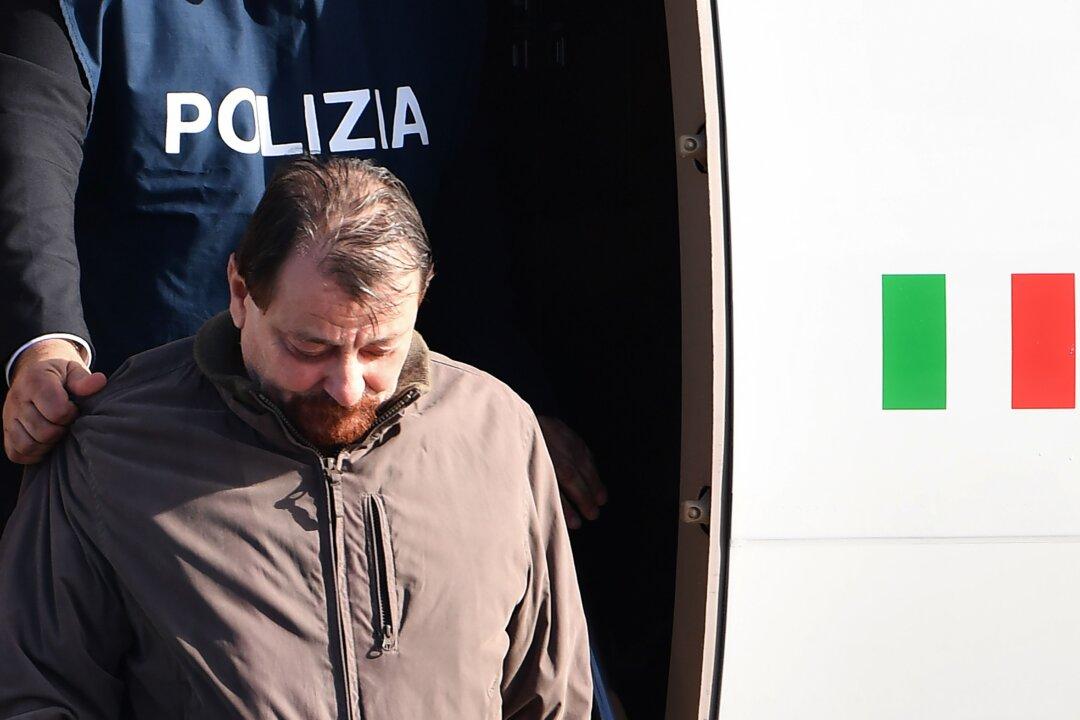Poland is planning to construct a new canal so that its ships no longer have to pass through Russian waters to get to the Baltic Sea.
The president of Poland’s governing party says the country is pressing ahead with the plans in order to cut Russia’s influence. “It is important for Poland’s status,” Jaroslaw Kaczynski, head of the Law and Justice party, said in a radio interview, according to the Daily Telegraph.




